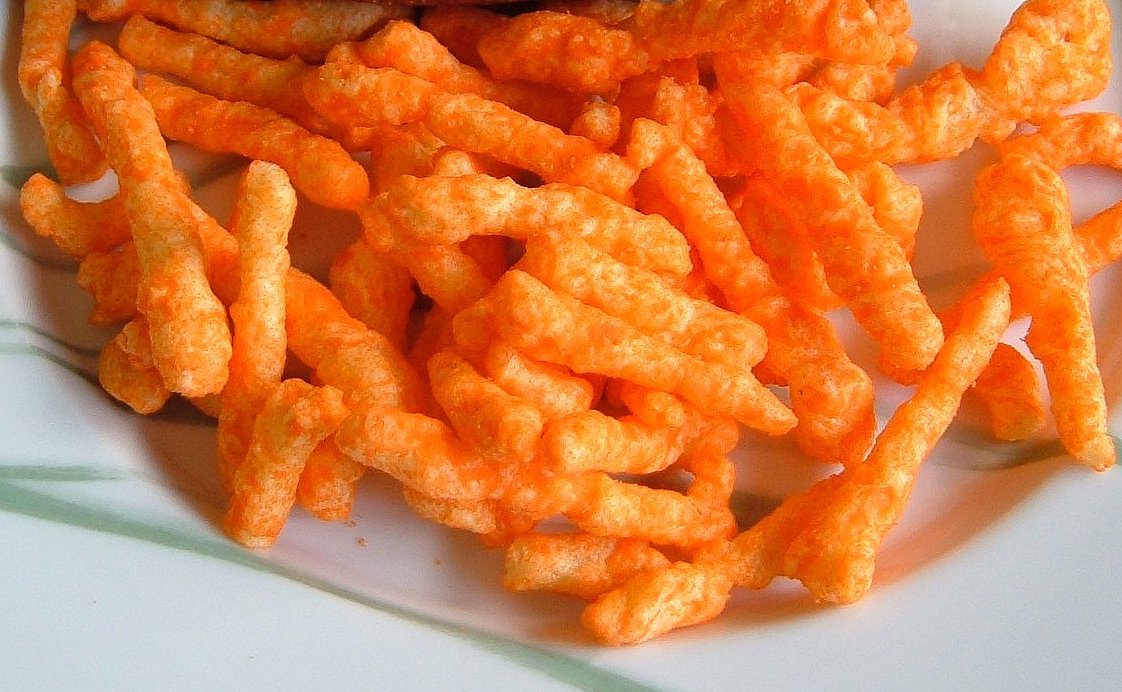 Have you ever felt out of control with your eating? Like you just couldn’t stop even though you wanted to and knew you should?
Have you ever felt out of control with your eating? Like you just couldn’t stop even though you wanted to and knew you should?
If so, you probably felt a certain amount of guilt, or even shame, about how much you eventually did eat. That guilt made you feel bad about your own ability for self-control, and that, coupled with a food-hangover, made you feel pretty terrible in general. Physically and emotionally. You wouldn’t be alone if this turned into a destructive cycle that brought you back again and again for that very same food, followed by guilt and depression. Perhaps this even happened with seemingly healthy or “diet” foods. Even worse!
A fascinating article came out recently in the New York Times Magazine called The Extraordinary Science of Addictive Junk Food that explains why it’s so hard to put down the snack bag – and it’s NOT your lack of willpower. I just want to say that again, and in obnoxious all-caps: IT’S NOT YOUR LACK OF WILLPOWER.
It’s been known for quite a while that sugar and fat are addictive – this article in Scientific American describes how rats, given access to high-fat foods, “showed some of the same characteristics as animals hooked on cocaine or heroin–and found it hard to quit even when given electric shocks”. In non-technical terms, when you eat high-fat and high-sugar foods, your brain releases chemicals (neurotransmitters) that make you happy. This makes you more likely to eat that food again. After a few times you become desensitized to that food “high” and need more to get the same level of satisfaction. Therefore you eat more and more. It works just like drugs, with the lovely side effects of becoming fat, nutrient deficient, and probably depressed.
Food manufacturers, however, don’t just leverage high levels of fat and sugar to hook you on their food, although that’s part of it. Hundreds of millions of dollars are spent by giants like General Mills, Kraft, and Nabisco, to create food products (I can’t call it food) that encourage you, the consumer, to eat as much as possible. They have actually discovered ways to bypass the body’s natural regulation systems that would normally tell you to stop.
Here’s an example, as described by food scientist Steven Witherly:
“‘[Cheetos are] one of the most marvelously constructed foods on the planet, in terms of pure pleasure.’ He ticked off a dozen attributes of the Cheetos that make the brain say more. But the one he focused on most was the puff’s uncanny ability to melt in the mouth. ‘It’s called vanishing caloric density,’ Witherly said. ‘If something melts down quickly, your brain thinks that there’s no calories in it . . . you can just keep eating it forever.’”
In this way food companies are maximixing pleasure while minimizing satiety. It’s the perfect storm for you, and the perfect money-maker for them. Which, let’s be honest, is the primary goal of a large food product company – to make lots of money, keep share-holders happy, and continue to grow.
The important thing to realize in all of this is that 1) these food products are not real food and 1) your body does have a beautiful regulation system that will work, if you eat foods that are real. Have you ever over-eaten bananas? Or oatmeal? Probably not. Because when you eat these foods your body will naturally tell you when it’s time to stop. You will feel pleasantly full and satisfied.
If you have a food addiction, realize that it is an addiction that will have to be broken. And the cure isn’t so unpleasant, as it’s to focus your diet on real foods that are naturally satisfying. It takes a little time, and can benefit from a few tricks during the process, but it’s well worth the effort. You’ll feel freedom you haven’t felt in years.
If you’d like support in breaking a food addiction and discovering real food, please contact me at alissa@eathappynow.com and end your fight with addictive junk food.